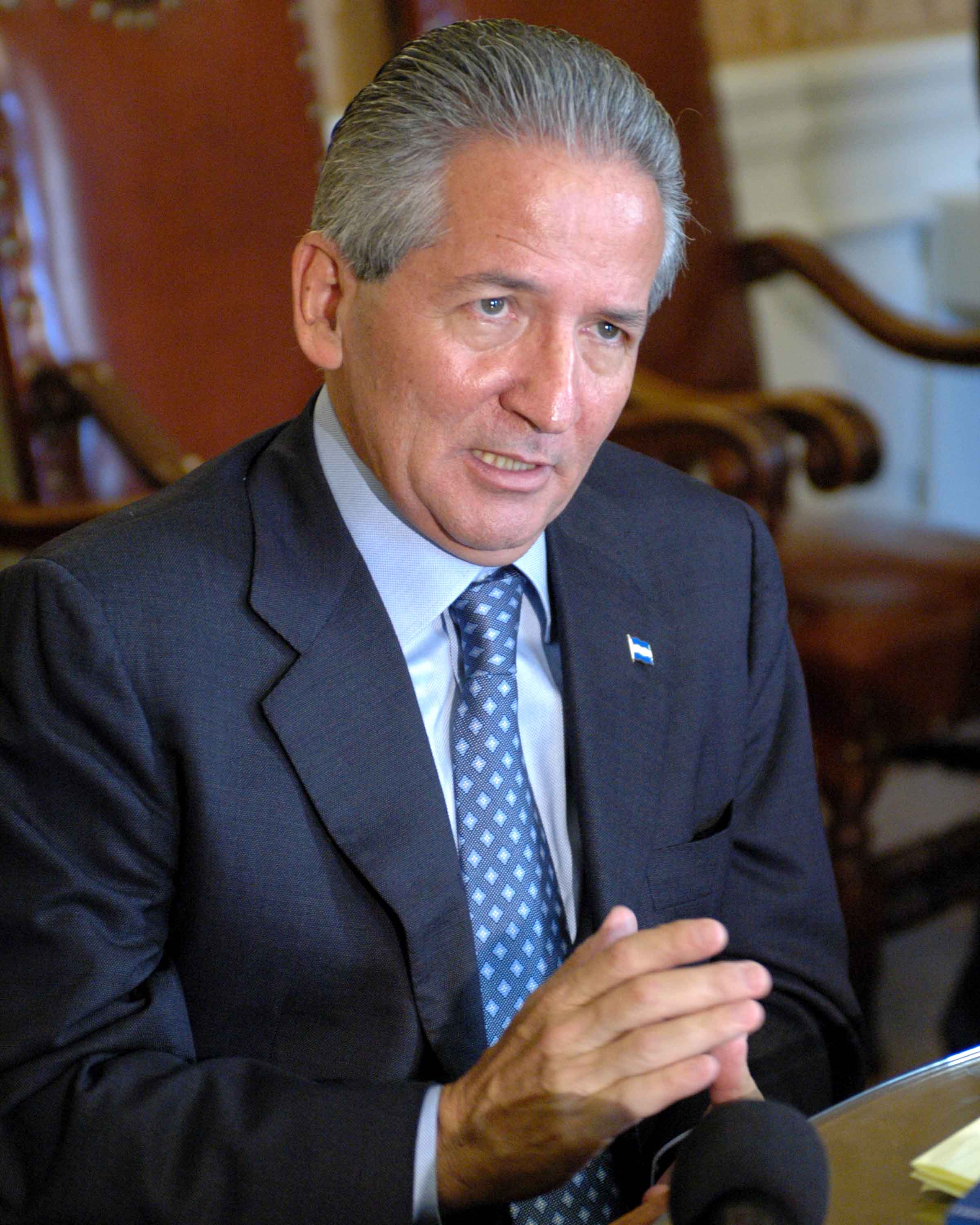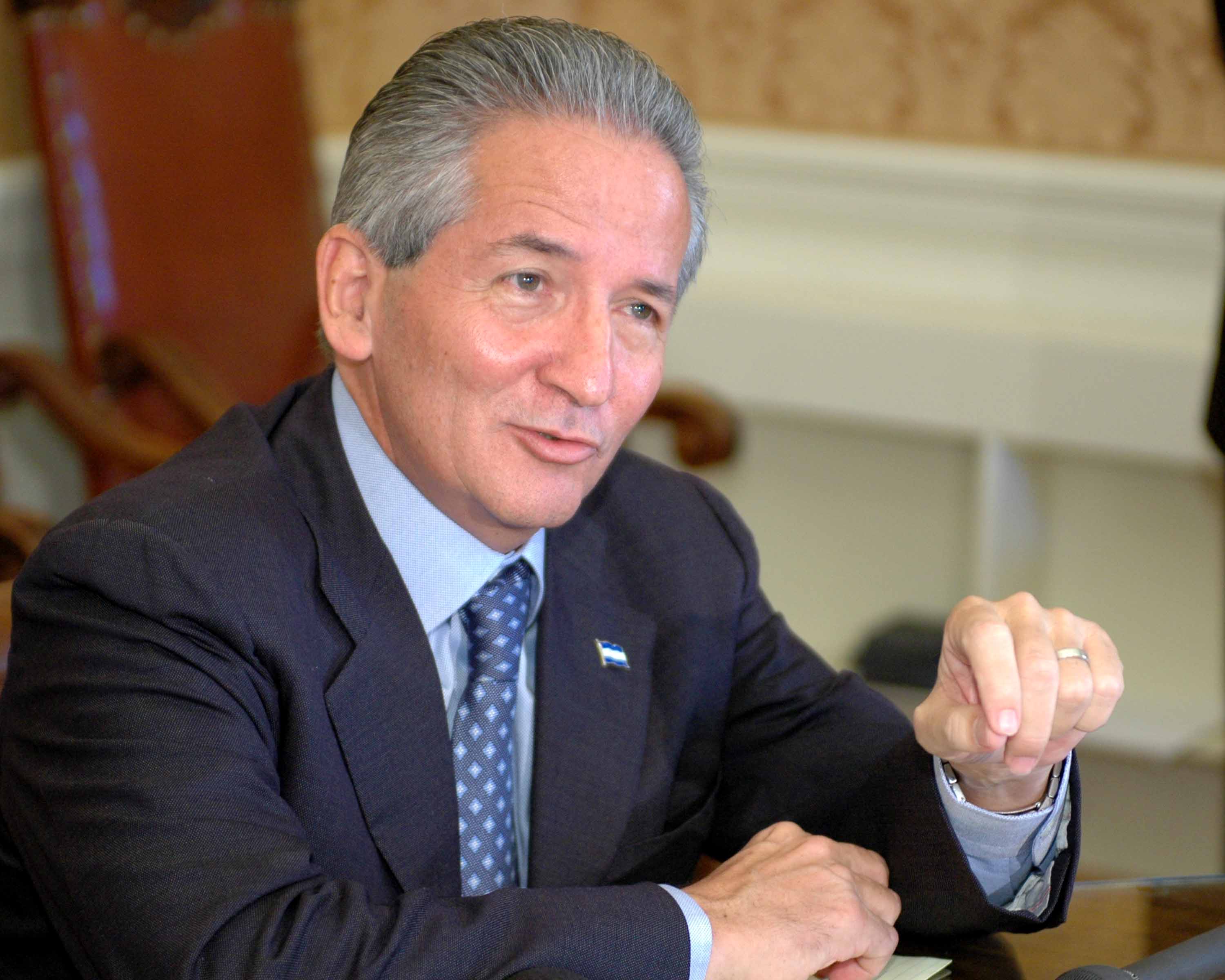
Honduras, a nation steeped in a vibrant tapestry of culture and history, has experienced significant political upheaval and transformation over the years. The political landscape has been shaped by various key events, notably the **2001 presidential elections**, which saw **Ricardo Maduro** of the **National Party** emerge victorious. This election marked a crucial turning point in the country’s political trajectory. Following Maduro’s presidency, the nation faced further complexities with the controversial leadership of **Manuel Zelaya**, whose tenure sparked widespread debate and division among the populace. In this article, we will explore these critical moments in Honduras’ political history, examining their implications for the country’s future and the ongoing struggles for democracy and stability. Through a detailed analysis, we aim to shed light on how these events have influenced the social and political fabric of Honduras, reflecting the resilience and aspirations of its people.
Understanding the Political Framework of Honduras

Before we dive into the intricate details of Honduras’ political landscape, it is essential to establish a foundational understanding of its governance structure. Honduras operates under a **presidential system**, wherein the president serves as both the head of state and the head of government. This dual role has led to considerable political transformations, particularly noticeable during the early 2000s, a period marked by significant events that shaped the nation’s trajectory.
### The Rise of Ricardo Maduro
In **2001**, **Ricardo Maduro** emerged as a pivotal figure in Honduran politics, winning the presidential elections as a representative of the **National Party**. His ascent to the presidency signified a critical juncture for Honduras, as he prioritized economic reforms and sought to enhance international relations, aiming to position the country favorably on the global stage.
#### Debt Relief Initiatives
One of Maduro’s most notable accomplishments during his tenure was the successful negotiation of **debt relief** for Honduras. This achievement was particularly vital for a nation grappling with severe economic difficulties. By alleviating some of the crippling financial burdens, Maduro aimed to redirect the freed-up resources toward essential social programs and infrastructure development, thereby fostering a more stable and prosperous environment for the Honduran populace.
#### CAFTA-DR: A Game Changer
Another significant milestone of Maduro’s presidency was the ratification of the **Central America-Dominican Republic Free Trade Agreement (CAFTA-DR)** with the United States in **2006**. This landmark agreement was designed to stimulate trade and promote economic growth within the region. But what does this mean for the average Honduran citizen? The agreement opened up new avenues for trade, potentially leading to job creation and increased access to goods and services, thereby impacting the daily lives of many.
| Year | Event | Impact |
|——|————————————-|——————————|
| 2001 | Ricardo Maduro elected | Focus on economic reform |
| 2001 | Debt relief secured | Improved financial stability |
| 2006 | CAFTA-DR ratified | Increased trade opportunities |
In summary, the early 2000s were a transformative period for Honduras, characterized by significant political and economic developments under the leadership of Ricardo Maduro. His initiatives aimed at stabilizing the economy and fostering international trade have left a lasting impact on the nation’s trajectory.
The Shift to Manuel Zelaya

Following the conclusion of Maduro’s presidency, the political climate in Honduras underwent a significant transformation with the election of **Manuel Zelaya**, a candidate from the **Liberal Party**. Zelaya’s time in office was anything but smooth; it was characterized by a series of controversies and conflicts that would ultimately define his administration.
Zelaya’s Vision for Change
Upon assuming the presidency, Zelaya was driven by a strong desire to implement progressive reforms aimed at alleviating poverty and addressing the stark inequalities that plagued the nation. His ambitious agenda included plans to raise the minimum wage and broaden the scope of social programs designed to support the most vulnerable populations. However, his proposals were met with considerable resistance from various sectors of society, leading to a polarized political environment.
The Referendum That Sparked Outrage
In **2009**, Zelaya’s decision to propose a referendum to assess public support for the establishment of a constitutional assembly ignited a firestorm of controversy. Many critics interpreted this move as a thinly veiled attempt to extend his presidency beyond its constitutional limits, which resulted in widespread protests and significant political unrest. The atmosphere was charged with tension, as citizens took to the streets to voice their concerns and demand accountability from their leaders.
The Dramatic Coup d’État
The situation reached a boiling point when Zelaya was forcibly removed from power in a **military coup**. This shocking event reverberated throughout the nation, raising profound questions about the state of democracy and governance in Honduras. The coup was not merely a political upheaval; it marked a critical juncture in the country’s history, setting the stage for ongoing struggles over power, rights, and the future direction of the nation. The ramifications of this coup would be felt for years to come, influencing the political landscape and the lives of countless Hondurans.
The Aftermath of the Coup

Following the coup that dramatically altered the political landscape of Honduras, the nation found itself facing widespread international condemnation and a profound sense of isolation. The political climate became increasingly unstable, with protests erupting in various cities as citizens expressed their outrage and frustration over the abrupt removal of President Manuel Zelaya. The consequences of Zelaya’s ousting left deep and lasting scars on the nation’s political fabric, creating divisions that would take years to heal.
### Restoration of Democracy
In the years that followed the coup, there were concerted efforts aimed at restoring democracy to the country. Elections were organized, and new leaders began to emerge from the political turmoil. However, despite these efforts, the shadow of past events continued to loom large over the nation. A critical question persisted: how could Honduras effectively rebuild trust in its political system after such a significant breach of democratic norms?
#### Current Political Climate
As of today, Honduras continues to grapple with the enduring legacies of its tumultuous past. Issues such as corruption, violence, and economic challenges remain prevalent and deeply entrenched in society. Nevertheless, amidst these difficulties, there are also glimmers of hope. A new generation of leaders is beginning to rise, and there is an increasing demand among the populace for greater transparency and accountability in governance. This growing civic engagement suggests that while the road to recovery may be long and fraught with obstacles, the desire for a more just and democratic society is stronger than ever.
Lessons Learned: The Path Forward

So, what can we learn from the political journey of Honduras? It’s clear that the road to stability is fraught with challenges. However, the resilience of the Honduran people shines through. They are eager for change and willing to fight for a better future.
The Role of Civil Society
Civil society organizations have become increasingly important in advocating for human rights and democratic governance. Their efforts are crucial in holding leaders accountable and ensuring that the voices of the people are heard.
International Support and Cooperation
International support plays a vital role in Honduras’s recovery. Partnerships with other nations and organizations can provide the necessary resources and expertise to help the country navigate its challenges.

In conclusion, the political history of Honduras is a testament to the complexities of governance and the resilience of its people. From the presidency of **Ricardo Maduro** to the tumultuous times of **Manuel Zelaya**, each chapter has contributed to the ongoing narrative of this vibrant nation. As Honduras looks to the future, the hope for a stable and prosperous society remains alive. Will the lessons of the past pave the way for a brighter tomorrow?

